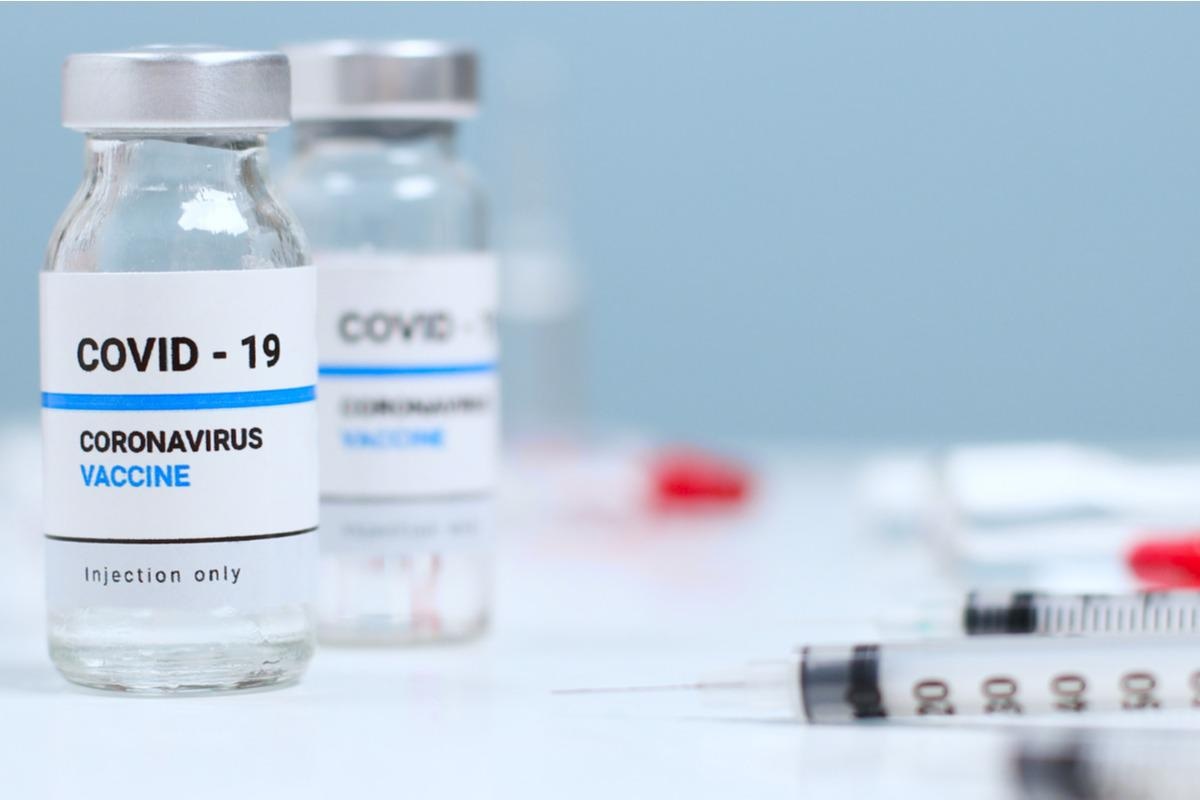A recent study posted to the medRxiv* preprint server assessed the reduction in antibody titers observed after the third dose of severe acute respiratory syndrome coronavirus 2 (SARS-CoV-2) BNT162b2 vaccine in adults.
 Study: Short-term drop in antibody titer after the third dose of SARS-CoV-2 BNT162b2 vaccine in adults. Image Credit: Irina Shatilova/Shutterstock
Study: Short-term drop in antibody titer after the third dose of SARS-CoV-2 BNT162b2 vaccine in adults. Image Credit: Irina Shatilova/Shutterstock

 This news article was a review of a preliminary scientific report that had not undergone peer-review at the time of publication. Since its initial publication, the scientific report has now been peer reviewed and accepted for publication in a Scientific Journal. Links to the preliminary and peer-reviewed reports are available in the Sources section at the bottom of this article. View Sources
This news article was a review of a preliminary scientific report that had not undergone peer-review at the time of publication. Since its initial publication, the scientific report has now been peer reviewed and accepted for publication in a Scientific Journal. Links to the preliminary and peer-reviewed reports are available in the Sources section at the bottom of this article. View Sources
The rising number of breakthrough coronavirus disease 2019 (COVID-19) infections has led to the introduction of a booster vaccine dose in the vaccination schedule for adults. However, there is still a lack of knowledge concerning the durability and long-term effect of the booster vaccine-induced immune response.
About the study
The present study assessed the antibody titers produced against SARS-CoV-2 spike (S) immunoglobulin G (IgG), four and 11 weeks post booster vaccination with BNT162b2, and 11 weeks post-second BNT162b2 dose administration.
The study consisted of employees of a German secondary care hospital named the Hospital Reinbek St. Adolf-Stift, who had received three BNT162b2 doses. Blood samples were drawn from the eligible individuals 11 weeks post-second vaccine dose administration and four weeks post-third vaccination between November 2021 and December 2021. In January 2022, 11 weeks after the third dose, a follow-up blood sample was also obtained.
An anti-SARS-CoV-2 assay was employed to estimate the level of anti-SARS-CoV-2 IgG antibodies in the samples in terms of binding-antibody units per ml (BAU/ml). Also, neutralizing anti-SARS-CoV-2 antibodies were ascertained.
Results
The study results showed that blood samples were drawn from a total of 103 participants 11 weeks post-third dose vaccination. The participants had a median age of 48.03 years, while 73% of the participants were female. A total of 95.9% of the participants had a positive antibody response 11 weeks after the second vaccine dose with a mean titer value of 611.92 ± 450.31 BAU/ml. Also, four weeks after the third dose vaccination, all the participants showed positive seroconversion and tested seropositive for 11 weeks after the third dose vaccination.
A mean antibody titer value of 611.92 ± 450.31 BAU/ml was observed 11 weeks after the second dose as opposed to the titer value of 2389.10 ± 1433.90 BAU/ml found four weeks post the third vaccine administration, indicating a significant increase in the antibody titer level due to the third dose. A substantial increase in neutralizing antibodies was also observed after the third dose vaccination.
Furthermore, four weeks post the third dose, the mean IgG-titer value was 4155.59 ± 2373.65 BAU/ml which reduced to 2389.10 ± 1433.90 BAU/ml 11 weeks post the third dose. A similar drop was also found in the titer values of neutralizing antibodies, with a marked decrease within 11 weeks after the third dose while still maintaining a high titer level of 99.73% ± 0.18%.
Conclusion
The study findings showed that a significant drop in binding-antibody titers and neutralizing antibody titers was observed within a short term after the third dose vaccination; however, the titers remained comparatively high. The researchers believe that the clinical data provided by this study about the short-term persistence of antibody levels post-second and third vaccine doses indicate the need for a potential fourth vaccine dose.

 This news article was a review of a preliminary scientific report that had not undergone peer-review at the time of publication. Since its initial publication, the scientific report has now been peer reviewed and accepted for publication in a Scientific Journal. Links to the preliminary and peer-reviewed reports are available in the Sources section at the bottom of this article. View Sources
This news article was a review of a preliminary scientific report that had not undergone peer-review at the time of publication. Since its initial publication, the scientific report has now been peer reviewed and accepted for publication in a Scientific Journal. Links to the preliminary and peer-reviewed reports are available in the Sources section at the bottom of this article. View Sources